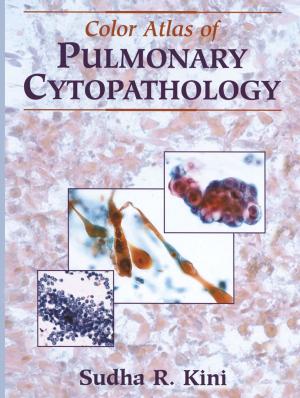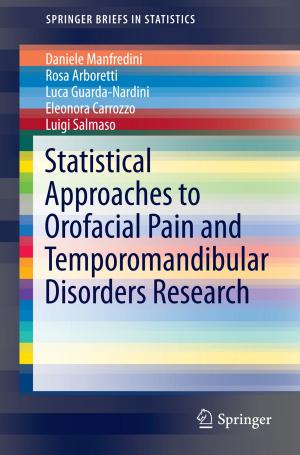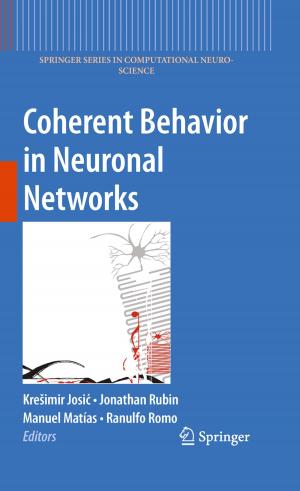The HLA System
A New Approach
Nonfiction, Health & Well Being, Medical, Medical Science, Immunology, Genetics| Author: | ISBN: | 9781461234548 | |
| Publisher: | Springer New York | Publication: | December 6, 2012 |
| Imprint: | Springer | Language: | English |
| Author: | |
| ISBN: | 9781461234548 |
| Publisher: | Springer New York |
| Publication: | December 6, 2012 |
| Imprint: | Springer |
| Language: | English |
This volume documents our growing understanding of the human major histocompatibility complex. The application of this information is ever more important as the limits of transplantation continue to be reduced, including the recent success of bone marrow transplantation between unrelated but closely matched individuals. In addition, the need to transfuse platelets in the face of immunologic barriers continues to challenge transfusion services. Thus, the serologic information summarized in this volume is essential for optimal patient care. At the same time, recombinant DNA technology has led to a revolution in our understanding of many aspects of basic biology. Among the advances has been the initial characterization of the structure of some HLA loci. While this will ultimately improve clinical services, constant reference to serologic data is essential so that the powerful new techniques can be applied in the most effective ways. The timing of the First Red Cross International Histocompatibility Workshop is fortunate as it brings together experts from around the world to address the state of the art. We are all grateful to Dr. John Lee and his colleagues for organizing the workshop, and for bringing together in this volume the material to be presented in Beijing during October 17-23, 1990. Leon W. Hoyer, M.D.
This volume documents our growing understanding of the human major histocompatibility complex. The application of this information is ever more important as the limits of transplantation continue to be reduced, including the recent success of bone marrow transplantation between unrelated but closely matched individuals. In addition, the need to transfuse platelets in the face of immunologic barriers continues to challenge transfusion services. Thus, the serologic information summarized in this volume is essential for optimal patient care. At the same time, recombinant DNA technology has led to a revolution in our understanding of many aspects of basic biology. Among the advances has been the initial characterization of the structure of some HLA loci. While this will ultimately improve clinical services, constant reference to serologic data is essential so that the powerful new techniques can be applied in the most effective ways. The timing of the First Red Cross International Histocompatibility Workshop is fortunate as it brings together experts from around the world to address the state of the art. We are all grateful to Dr. John Lee and his colleagues for organizing the workshop, and for bringing together in this volume the material to be presented in Beijing during October 17-23, 1990. Leon W. Hoyer, M.D.















